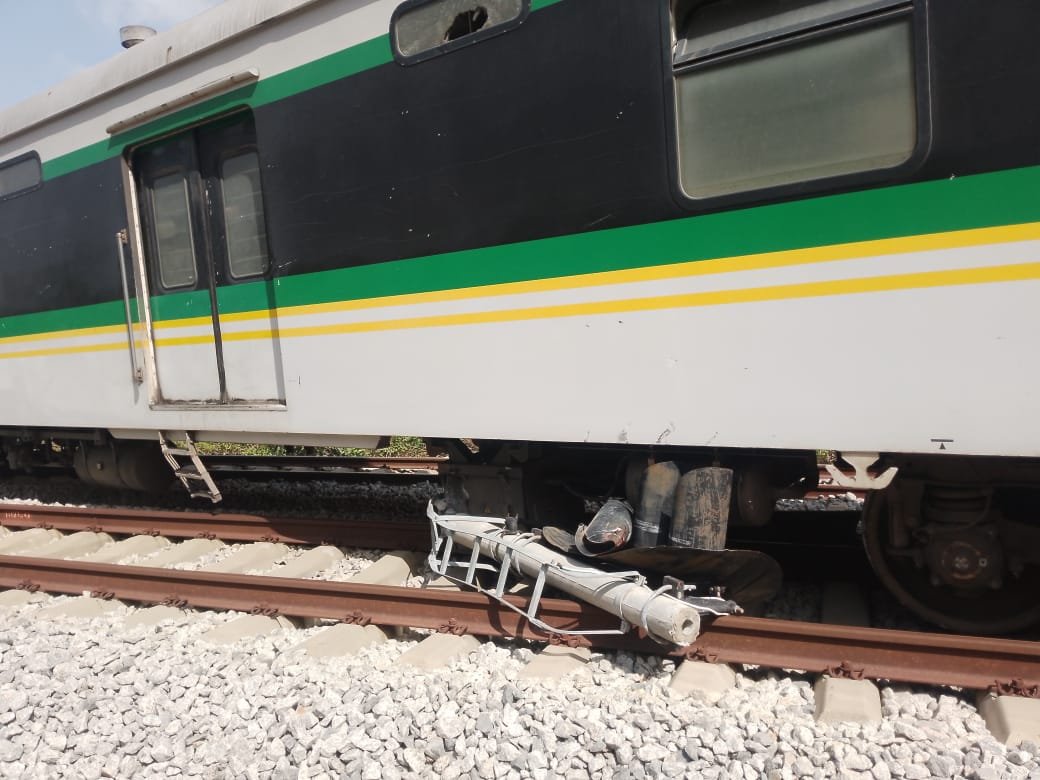*Crisis in Nigeria’s Transport System Exposed
A passenger train traveling from Agbor to Itakpe broke down Tuesday in a remote part of Kogi State, forcing stranded passengers to trek through forested terrain for hours in search of help. The incident has reignited concerns over Nigeria’s deteriorating transport infrastructure and the safety of available travel options.
Among those aboard the ill-fated train was Marxist activist and public affairs commentator, Kola Edokpayi, who shared footage of the ordeal on social media. According to Edokpayi, the train stalled in a location commonly referred to by locals as an “evil forest”—an isolated area with no mobile network coverage and known security risks.
“We were stranded in the middle of nowhere,” he said. “With no information on when repairs would happen, we had to start walking.”
Passengers embarked on what Edokpayi described as an “endurance trek,” walking for more than three hours before encountering a group of Fulani herders who offered guidance and assistance.
“The Fulani herders were very helpful,” he said, noting that their support challenged negative stereotypes often associated with the group.
Though no injuries or fatalities were reported, the breakdown left many passengers shaken. Edokpayi expressed frustration over the growing uncertainty in Nigeria’s transportation system. “Flights are cancelled without notice, roads are plagued by kidnappers and poor conditions, and now trains are breaking down in forests. May God help us,” he said.
The incident has drawn comparisons to the March 28, 2022, Abuja-Kaduna train attack, during which terrorists bombed and derailed a passenger train, killed at least eight people, and abducted dozens. That attack led to a temporary suspension of rail services and widespread criticism of the government’s handling of transportation security.
While the latest breakdown did not result in casualties, it has once again highlighted the vulnerability of Nigeria’s transport network, where passengers are increasingly forced to choose between unsafe options by air, road, or rail.



